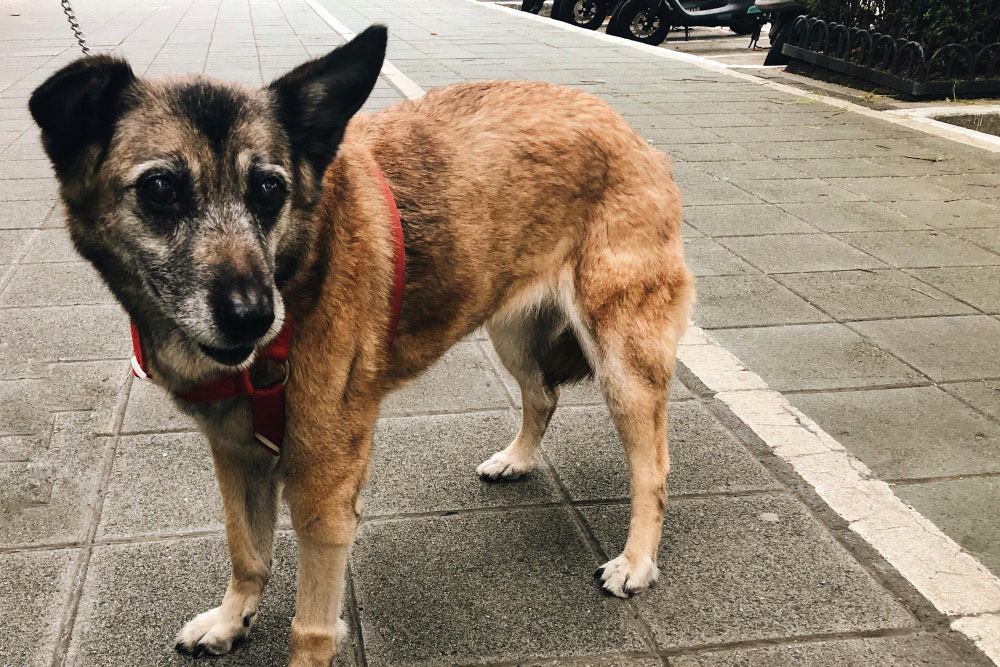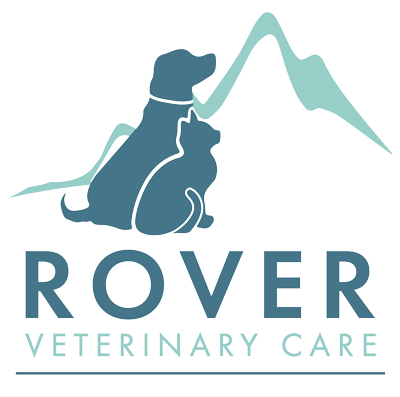Overcoming Health Issues in Older Dogs

Overcoming Health Issues in Older Dogs

Caring for an older dog can be both rewarding and challenging. As our furry companions age, they may encounter various health issues that require special attention and care. Understanding these health challenges and knowing how to address them can significantly improve the quality of life for your senior dog.
In this blog post, we'll explore common health issues faced by older dogs and provide tips on how to manage them. For those who need compassionate end-of-life care, we'll also discuss the option of in-home euthanasia services available in Reno, NV, offered by Rover Veterinary Care.
Common Health Issues in Older Dogs
1. Arthritis and Joint Pain
Arthritis is one of the most prevalent health issues in older dogs. It results from the degeneration of cartilage in the joints, leading to pain and reduced mobility. Symptoms include:
- Limping or favoring a limb
- Difficulty standing up or lying down
- Reluctance to exercise
Management Tips:
- Provide a comfortable sleeping area with orthopedic dog beds.
- Use ramps or stairs to help your dog access high places.
- Consult your veterinarian for pain management options such as medication or supplements.
2. Dental Problems
Dental disease is common in senior dogs and can lead to more severe health issues if left untreated. Symptoms include bad breath, tooth decay, and gum inflammation.
Management Tips:
- Regular dental cleanings by a veterinarian.
- Provide dental chews and toys to promote oral health.
- Brush your dog's teeth regularly with dog-friendly toothpaste.
3. Weight Gain
Older dogs often gain weight due to a slower metabolism and reduced activity levels. Obesity can exacerbate other health problems such as arthritis and diabetes.
Management Tips:
- Monitor your dog's diet and portion sizes.
- Encourage regular, gentle exercise appropriate for your dog's age and health.
- Consult your veterinarian for a tailored weight management plan.
4. Cognitive Dysfunction Syndrome (CDS)
Similar to Alzheimer's in humans, CDS affects a dog's cognitive functions, leading to disorientation, confusion, and changes in behavior.
Management Tips:
- Maintain a consistent daily routine to reduce anxiety and confusion.
- Provide interactive toys to stimulate mental activity.
- Consult with your vet about medications that may help manage symptoms.
5. Vision and Hearing Loss
It's not uncommon for older dogs to experience diminished vision and hearing. This can affect their ability to interact with their environment safely.
Management Tips:
- Avoid rearranging furniture to prevent disorientation.
- Use vocal cues or hand signals for communication.
- Ensure your dog's environment is secure to prevent accidents.
6. Kidney Disease
Kidney disease is particularly common in senior dogs and can lead to a range of symptoms, including increased thirst and urination, weight loss, and lethargy.
Management Tips:
- Regular veterinary check-ups to monitor kidney function.
- Provide a diet that supports kidney health, often low in protein and phosphorus.
- Ensure your dog has access to fresh water at all times.
In-Home Euthanasia in Reno, NV
When health issues become overwhelming and severely impact your dog's quality of life, making the decision to say goodbye can be heart-wrenching. In-home euthanasia provides a compassionate option for pet owners who want to provide a peaceful passing for their beloved pets in the comfort of their own home.
Benefits of In-Home Euthanasia
- Comfort: Your dog can remain in a familiar and comforting environment, reducing stress and anxiety.
- Privacy: The process is private, allowing you and your family to grieve and say goodbye in your own way.
- Personalized: Veterinarians can provide personalized care tailored to your dog's needs and your preferences.
Rover Veterinary Care in Reno, NV
Rover Veterinary Care offers in-home euthanasia services in Reno, NV, providing compassionate end-of-life care for your beloved pet. Their experienced veterinarians understand the emotional difficulty of this decision and strive to support you through every step of the process.
How to Prepare for In-Home Euthanasia
- Consultation: Discuss your dog's condition with a veterinarian to determine the best course of action.
- Environment: Choose a quiet, comfortable space in your home where your dog feels secure.
- Memorialization: Consider how you would like to commemorate your pet's life, whether through keepsakes, photos, or other mementos.
Conclusion
Caring for an older dog requires understanding, patience, and a commitment to their well-being. By recognizing common health issues and managing them effectively, you can ensure your senior dog enjoys their golden years. When it comes time to make difficult end-of-life decisions, in-home euthanasia offers a compassionate option that prioritizes your pet's comfort and dignity.
If you're considering in-home euthanasia in Reno, NV, contact Rover Veterinary Care today for more information. They are here to support you and your pet during this tender time.
